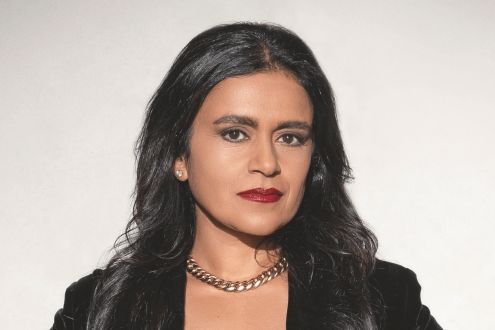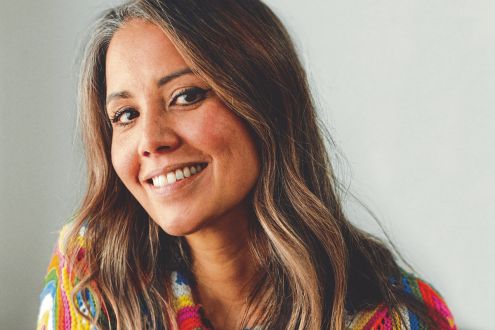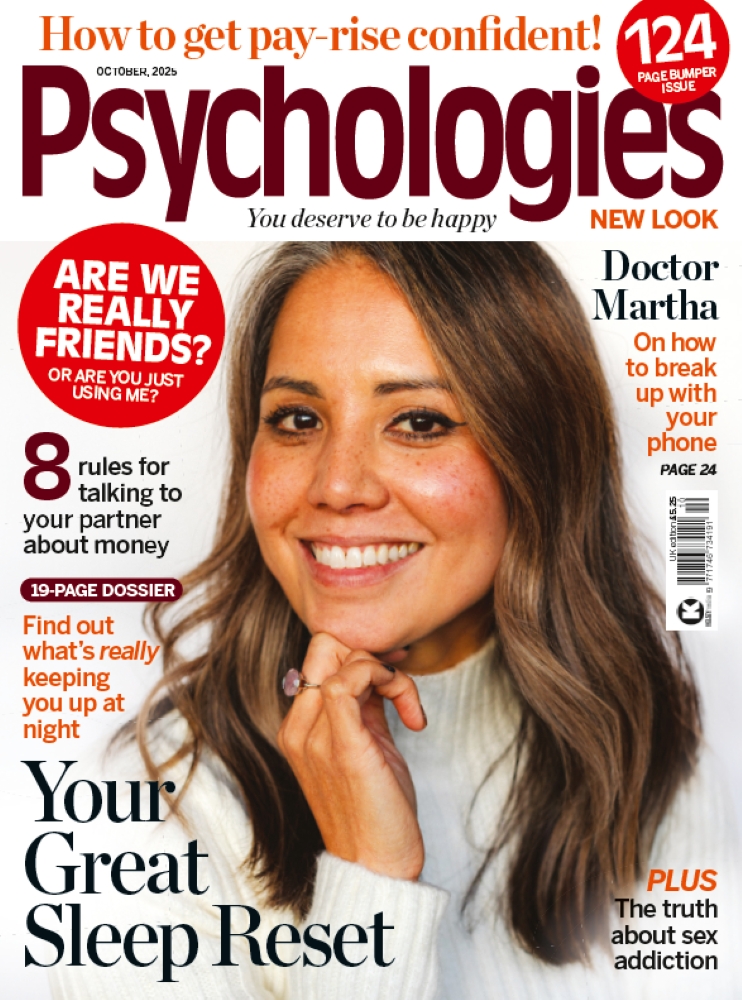Adult autism and ASD – Why a diagnosis can benefit an adult
Alis Rowe, founder of The Curly Hair Project, received her diagnosis of ASD when she was 22 years old. Considered by many to be one of the most inspirational advocates and supporters of those with Asperger’s, Autism and ASD (especially girls and women), Alis discusses here the benefits of seeking out a diagnosis

Sponsored article
Clinical Partners often hear from adults who aren’t sure whether a diagnosis will make a difference to them. I can understand why this would be – if you’ve got through life so far without one, why would you suddenly need one now? I too can talk from personal experience about this. Although from the age of 17 I suspected I was on the autistic spectrum, I didn’t pursue a diagnosis until several years later. The reason probably being… I didn’t know what it would mean and how it would – or could – help me.
Let’s look at some of the reasons why a diagnosis can benefit an adult:
Personal closure
I went through my entire life feeling like I did not fit in and always had problems building friendships and lacking feelings of connection with others. I often thought that I was wrong to feel the way I did, or that there was something wrong with me. I also thought everybody had the same difficulties (with, for example, their senses – ‘everybody finds light/sound/touch painful’), but that they were just better at coping! Now I know that my feelings are completely justified and logical. I’m not mad, I’m not a hypochondriac… etc. These feelings are very normal feelings for someone with autism to experience. It is less lonely to know there are lots of other people like me out there too.
Gaining closure for the way I felt has been really important to my quality of life.
Better life choices
Now that I know what my difficulties are, I’m more able to live within my limits and to my strengths. If I need to do things differently from others, well that’s ok. My understanding of autism has led me to be more patient and more accepting of myself. I feel more comfortable to say ‘no’ to things more often (for example, going to a party in which there will be lots of people and loud sounds). In the past, I would have pushed myself to go, just because I thought that’s what I ‘ought’ to be doing ‘because everyone else is’.
But I am not like everyone else. If you are not neurotypical, then trying to pursue a neurotypical life is going to be very, very hard! Nowadays, I take good care of myself. I know what I like, what I don’t like, what I find stressful, and what I can cope with. Remaining within my limits and making adaptations for the things I do want to do means life is a lot more manageable and enjoyable. As an example, I knew I wanted to go to university but I knew I wouldn’t be able to cope with moving away and living with other people – so I went to my local university and lived at home. I attended my lessons, but I didn’t socialise outside of them. I came out with a First Class degree.
I am good at working on my own and to my own schedules, and I manage really well in my own environment. Self-employment therefore, is a brilliant way of life for me.
“If you are not neurotypical, then trying to pursue a neurotypical life is going to be very, very hard.”
Having confirmation that you are autistic means you know to change the way you do things, but can still be very successful. Once you know for sure, you will be able to make better life choices.
‘Reasonable adjustments’
ASD is a recognised disability and so the Disability Discrimination Act applies. This means you are entitled to helpful accommodations to make your working life better, for example environmental accommodations (your own workspace, adapted lighting, permission to wear dark glasses, etc.), having a mentor, and even flexible working hours, such as being able to work from home.
A diagnosis also means you’ll have access to appropriate benefits and services.
Better relationships
One of the most helpful things about my diagnosis has been that my relationships have become stronger as a result. People are more understanding of my difficulties, as opposed to thinking negatively of me (‘very quiet’, ‘difficult’, ‘weird’, ‘aloof’, ‘cold”, ‘stuck-up’ and ‘selfish’ are words that come to mind!). People accept that I am a certain way and that my autism is a big contributor to that. There is an authenticity to my behaviour that I never had before. There are reasons for things, as opposed to excuses.
In the past, people just thought I didn’t care or didn’t like them because, for example, I always declined invites to their social occasions – now they know it’s nothing personal at all. I generally feel less anxious around people now. If I am open with them, there is a lot less pressure for me to behave in the way I think they expect me to and I feel more confident and able to just be myself. Now I have more friends now than I’ve ever had before.
“There are reasons for things, as opposed to excuses.”
Loved ones are less likely to consider me as being overly-sensitive or over-reactive, because they now know that I do genuinely experience the world differently. We have worked together to find out what works best for all of us, for example: clear communication, routines, lots of down time, sticking to our word, etc. Now, because of this, there are less misunderstandings and less arguments.
My own diagnosis has been very helpful. I feel less isolated, a lot more comfortable with who I am, and I have more suitable jobs/working arrangements. I no longer feel that I should conform to a social norm. In the past I would try to force myself into what I believed was expected which made me unhappy.
Find out more about what an adult autism diagnosis entails here.
More information:
If you believe you may be autistic and would like to discuss diagnosis and support, call our knowledgeable triage team on 0203 326 9160.
You can also find out more about adult Autism assessments here or child autism assessments here.
Clinical Partners is the UK’s largest private mental health Partnership, with over 21 locations nationwide. We help children, adults and families access the mental health care they need.
Read about The Curly Hair Project here.
Image: Getty/iStock










